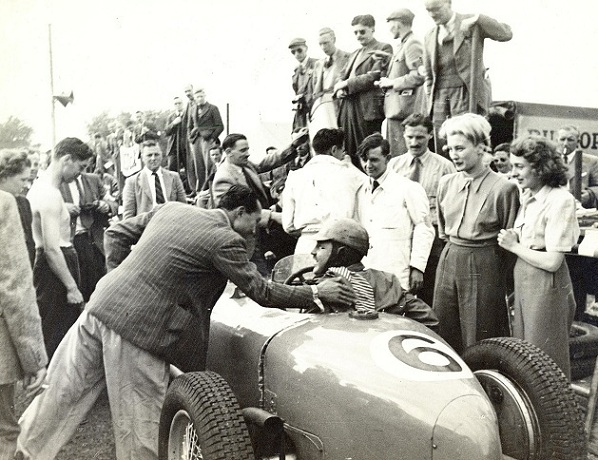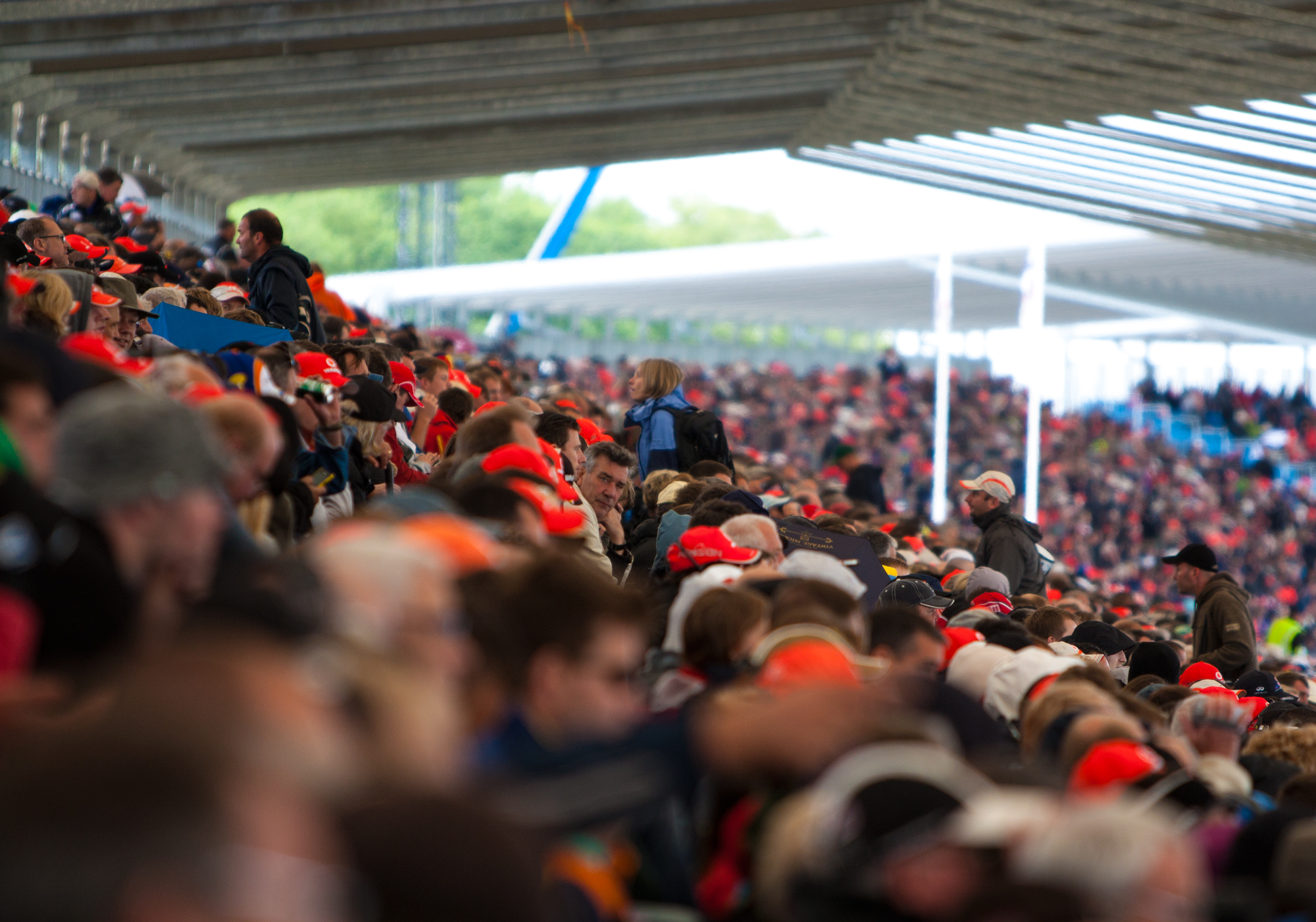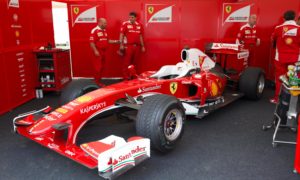Today’s British Grand Prix was an entertaining affair. Won by the excellent Mark Webber, it provided wheel-banging action and excitement at the denouement, if in slightly smaller doses than has been normal this season. The affable Australian’s win will be a popular one, given the respect in which he is held in the paddock and throughout the F1 world. And, too, amongst the wonderful fans whose patience and commitment had sorely been tested this weekend.
But a considerable number of those gathered, judging by the Vodafone caps on the pit straight after the race, would have preferred a McLaren to win the British Grand Prix. But they didn’t. Not nearly. McLaren were nowhere near the race-winning pace today, and seem to have been out of sorts for a while.
Let us count the woes. Firstly, there’s that lack of pace. As a number of observers have pointed out, McLaren had what was widely considered to be the fastest car at the start of the season, when Button duly won the first race in Australia. Since then, they have been there or thereabouts, the other highlight being Hamilton’s Canada win. Button has been well off the pace for the last three grands prix at least, and a case could be made that it is only Hamilton’s residual brilliance that has made them at all competitive recently. This is McLaren: they should be running with Ferrari and Red Bull, not Sauber and Williams. Button nails it in his press release today; ‘it was good to get a point in my Grand Prix, but of course that’s not what we ought to be doing: we’re a front-running team and we’ve got a bit of work to do to start running at the front again. I don’t think we made any mistakes with our strategy today; we’re just not quite quick enough at the moment, that’s all.’
This is obviously the biggest issue, because they are losing ground in the championship – even in this most unpredictable of years. The famed McLaren ability to develop a car through a season has not yet been in evidence, and the concern for the design team will be that as they slip further behind, the call for a panacea upgrade package becomes ever more shrill. As has been noted countless times, significant upgrade packages can go one way or another – as they often interfere with the delicate balance of the machine.
Secondly, there’s the pit stop issues. Nothing went amiss today, but McLaren’s 2012 pit stops, especially with Hamilton, can best be described as inconsistent. No one can be to blame in such a high pressure three second period, of course, but the simple reality is that delays in the pit lose drivers time and positions and ultimately points. And few other teams, crucially, have made as many errors as McLaren. Pace Sauber, with Kobayashi’s error today; thankfully no serious injuries.
Back to the case in hand. Martin Whitmarsh’s post-race comments provide some insight. “A dry race wasn’t what we were expecting and, undoubtedly, had it been a wet race, as was predicted, our competitiveness relative to that of our opposition would have been significantly enhanced,” he begins. This sounds unconvincing at best, and at worst, suspiciously like an excuse. Compare it to Lewis’ second sentence in the press release: ‘We tried as hard as we could, but we simply didn’t have the pace this afternoon,’ and his body language in the interviews on TV. The driver clearly has no idea why the car is not quick enough – whereas the team principal ascribes it to a wet setup. Surely one of the drivers, had this been truly the source of the problem, would have mentioned it.
All of which leads to the question of what will be done. McLaren are under serious pressure now – not the drivers, for once, but the team. Expect knives to be sharpened unless there is a radical improvement at Woking.








